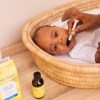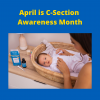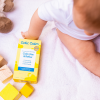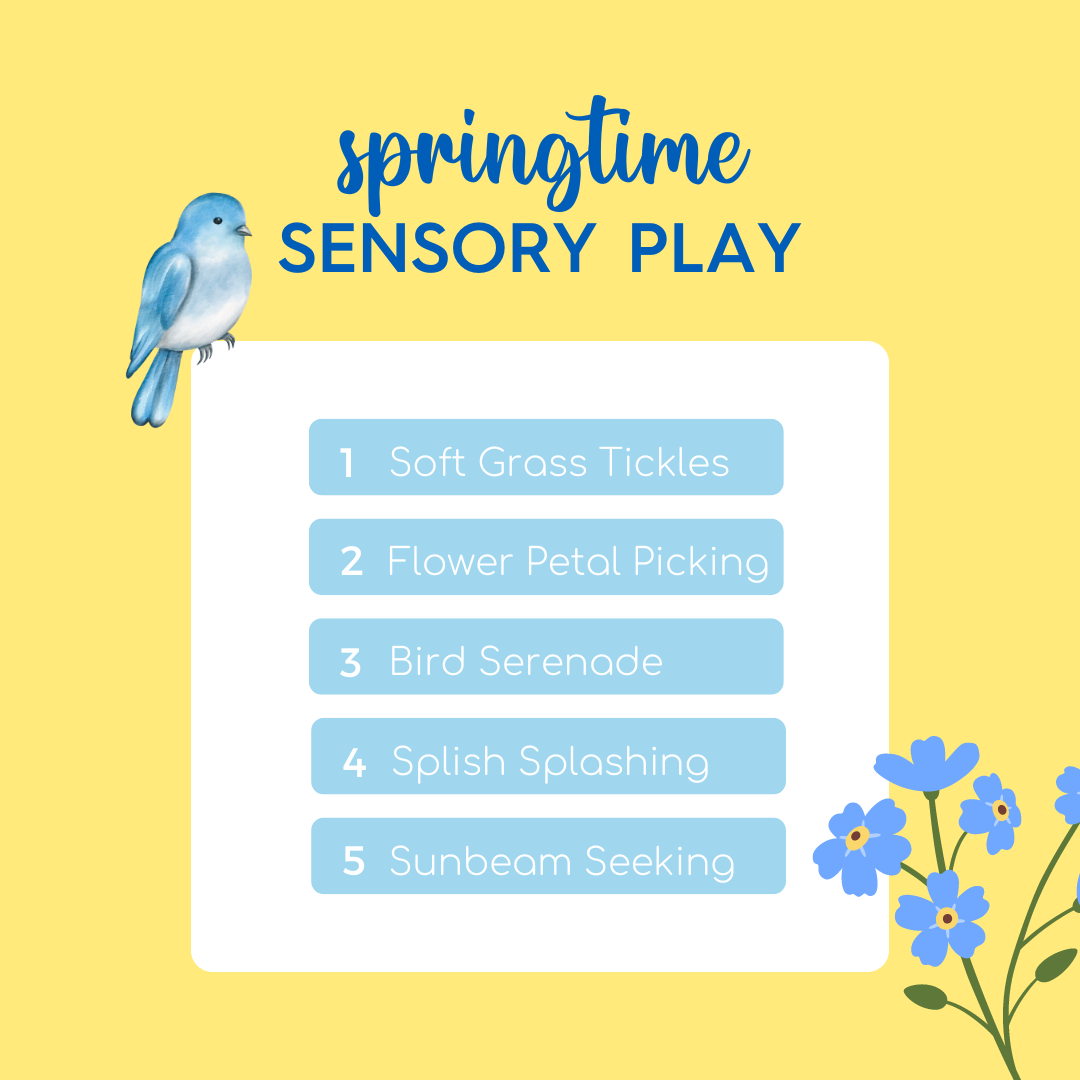Tips for Better Infant Gut Health

Good health starts with a healthy gut! We hear this so much nowadays, but research over the past decade has found that our microbiomes are shaped within the first two years of life. This important period of development is where our metabolic and immune related health, as well as endocrine and neural pathways are developed.
During birth and immediately following delivery, your newborn is exposed to trillions of complex microbes in the external environment. The composition and functionality of an infant’s microbiome is primarily defined by method of birth, material microbiota, and early life feeding practices.
To help prepare yourself, and your little one, for gut health success we’ve put together the following tips for better infant gut health:
Fiber Rich Foods
Getting enough fiber while you are pregnant is essential. Due to the hormone-slowed digestive system, constipation is a symptom of pregnancy. Consuming fiber rich foods can help keep you regular, control weight gains, and clear your colon of waste products that could be hurtful to your health. Additionally, “good fiber” has microbes that product acetate and butyrate, two compounds that maintain the health of the gut barrier and may decrease the risk of autoimmune disease.
Dietary fiber comes from a wide range of food groups, thankfully, so while you might experience food aversions during pregnancy you can find fiber in fruits, grains, nuts & legumes, and vegetables.
Wait on the First Bath
When your new baby arrives one of the first will be giving your little one a bath. Soaping up your newborn right away might not be the best course of action. The World Health Organization recommends delaying the first bath at least 24-hours, but others suggest 48 hours or more. Studies have shown there are many benefits from waiting past the first day, or more.
From bonding with Mom to increasing the likelihood of breastfeeding initiating, waiting for a bath has a host of benefits. When your newborn comes out, they are usually covered the vernix, or the creamy, white clumps. It protects your baby in utero from getting pickled skin from the amniotic fluid and helps nourish the developing gut bacteria. After delivery, this coating can help retain moisture and keep bacterial infections away.
Probiotics
A happy gut is a healthy gut, for Mom and baby.
For Mothers, in addition to supplementing your diet with a prenatal vitamin, a prenatal probiotic can have a positive role in protecting against preeclampsia, gestational diabetes, vaginal infections, maternal and infant weight gain, and later childhood disease. Additionally, Studies have shown that administration of probiotics during pregnancy and breastfeeding may help to moderate excessive weight gain of children in early childhood.
For infants, the microbiome is developed in the first 1,000 days of life. You are born with very few important microbes. As you go through the first two years of live, microbial communities develop and assemble in and on your body. Supplementing your infant’s diet with a probiotic, like Colic Calm Probiotic, could be crucial to future health. Probiotic will help shape the gut microbiotia and may hold the key to preventing diseases like obesity, asthma, and auto-immune conditions later in life.
Avoid Unnecessary Antibiotics
As a western culture that relies heavily on Doctors advice and prescribed medicine, we often look for a “quick fix” to cure what ails us. Newborns have such delicate systems; the overuse of antibiotics can have a detrimental impact on the development of their gut microbiome. Every family will face their share of colds and viruses, so it’s important to understand the difference between bacterial infections and viral infections:
Bacterial infections are living infections. Antibiotics work against virus because they kill these living organisms by stopping their growth. Viral infections are NOT alive, and the body’s immune system will work to fight them off or they will have to run their course (like colds). When an infant has a virus, antibiotics do not work against it.
To lower the risk of antibiotic overuse and potentially help improve your little one’s digestive health ask your doctor if your child’s illness is bacterial or viral and discuss options for treatment. Avoid pressuring your pediatrician to prescribe antibiotic and don’t give your infant antibiotics that were prescribed to another family member.
 Canada
Canada South Africa
South Africa UK
UK EU & Int
EU & Int Ireland
Ireland Australia
Australia Brazil
Brazil New Zealand
New Zealand













Comments